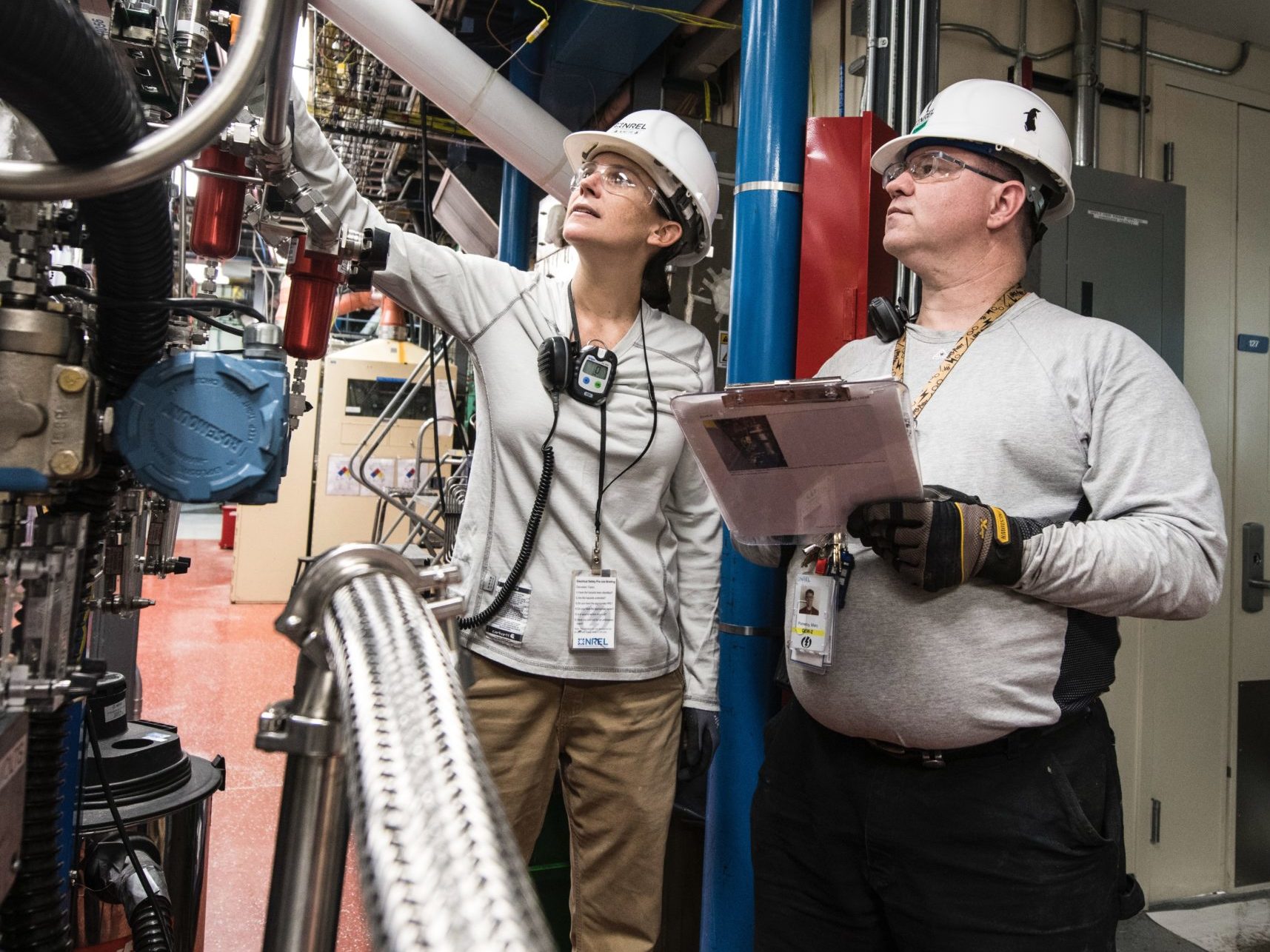Geotechnical Engineering What Is It and Why Is It Vital for Building And Construction Tasks?
Geotechnical Engineering What Is It and Why Is It Vital for Building And Construction Tasks?
Blog Article
An Extensive Overview of the Secret Solutions Used by Consulting Civil Design Professionals in Modern Building
Consulting civil engineering experts are integral to the success of modern building tasks, providing a multifaceted suite of solutions that address various challenges. From carrying out comprehensive site evaluations and usefulness researches to making sure compliance with stringent regulatory structures, these professionals prepared for risk-free and sustainable advancement. Their expertise prolongs to architectural layout and task administration, which are essential for achieving affordable and timely outcomes. As the complexity of building jobs remains to advance, comprehending the complete range of services they supply comes to be increasingly necessary for stakeholders. What implications does this have for the future of construction techniques?
Site Analysis and Usefulness Researches
When starting any kind of building task, understanding the site's qualities is vital, as it directly affects the feasibility and layout of the development. Site assessment and feasibility studies are essential components of the pre-construction stage, enabling stakeholders to make enlightened decisions. These researches include an extensive evaluation of the physical, environmental, and regulatory facets of the website.

By incorporating these elements, civil engineering specialists can give an all natural sight of the website's practicality for the intended advancement. Inevitably, extensive site assessments and expediency research studies lay the groundwork for successful project execution, maximizing and minimizing threats source appropriation.
Structural Layout and Evaluation
Adhering to a comprehensive site analysis and feasibility research study, the next critical phase in the construction procedure is structural style and evaluation. This important solution involves the advancement of structural systems that ensure the safety, longevity, and financial practicality of a job. Consulting civil engineers utilize advanced methods and software to assess lots, stresses, and material buildings, ensuring that styles abide by relevant codes and criteria.
Structural style encompasses various elements, consisting of light beams, columns, foundations, and load-bearing wall surfaces. By applying principles of mechanics and material scientific research, engineers develop structures that can stand up to ecological pressures such as wind, seismic task, and snow tons. The analysis stage entails thorough estimations to predict the habits of these structures under different problems, guaranteeing they can carry out as planned throughout their life expectancy.
In addition, seeking advice from designers work together closely with engineers and other stakeholders to incorporate architectural components cosmetically and functionally. The deliverables usually consist of thorough illustrations, specs, and thorough reports that help with the construction process. Eventually, effective architectural style and analysis are pivotal in reducing threats, maximizing sources, and attaining successful task results in modern building.
Job Administration and Sychronisation
Efficient job administration and sychronisation are vital components of effective civil design services, ensuring that building projects are delivered on time, within spending plan, and to the needed top quality standards. Consulting civil engineers play a crucial role in coordinating different project components, from first planning via to project completion. This involves not just the technical aspects of design and building and construction yet additionally the strategic administration of stakeholders, timelines, and resources.

Furthermore, civil engineering professionals highlight the relevance of paperwork and reporting throughout the task lifecycle - geotechnical engineering in south africa. By maintaining exact documents, they guarantee openness and accountability, which fosters depend on amongst all events included. Inevitably, efficient task monitoring and coordination lead to improved task outcomes, aligning with client assumptions and adding to the total success of the building undertaking
Regulatory Conformity and Permitting
Successful project management lays the groundwork for dealing with regulative conformity and allowing demands in civil engineering tasks. Ensuring adherence to regional, state, and government policies is essential for the effective implementation and completion of any construction venture. Consulting civil design experts play an essential function in navigating the facility landscape of regulatory structures and allowing procedures.
These professionals are skilled in zoning laws, building codes, environmental policies, and security standards that regulate construction practices. They carry out detailed analyses to identify all appropriate regulations, making certain that jobs abide by necessary lawful demands. By collaborating with governmental companies and stakeholders, seeking advice from designers facilitate the allowing process, simplifying approvals and minimizing hold-ups.
Furthermore, they prepare and send the requisite documentation, such as site strategies, environmental effect analyses, and design records. This aggressive method not just promotes compliance however additionally enhances project usefulness and sustainability. Eventually, reliable regulatory compliance and permitting are necessary parts of a successful civil design job, guarding both the setting and public well-being while adding to the total stability and success of construction efforts.
Sustainable Style Practices
Lasting layout techniques are significantly acknowledged as find more important elements in civil design, with an emphasis on lessening ecological influence while optimizing source efficiency. These methods include a variety of approaches targeted at advertising eco-friendly equilibrium and browse this site reducing the carbon footprint of building tasks.
One key aspect of sustainable design is the assimilation of renewable resource resources, such as solar and wind, right into building designs. This not only reduces reliance on nonrenewable fuel sources yet also boosts long-lasting expense financial savings. In addition, the usage of lasting products, including recycled or swiftly renewable resources, plays a substantial role in reducing waste and conserving natural deposits.
Water administration methods, such as rainwater harvesting and efficient irrigation systems, are also important in sustainable design. These methods aid in minimizing water usage and protecting neighborhood water communities. Additionally, environmentally delicate site planning guarantees minimal disruption to the all-natural landscape and advertises biodiversity.
Consulting civil engineering specialists contribute in implementing these lasting style practices. Their know-how permits the execution of innovative remedies that line up with both governing demands and client purposes, ultimately adding to a more lasting developed environment.
Final Thought
In summary, seeking advice from civil design professionals supply vital solutions that underpin the success of modern-day building projects. With thorough website evaluations, cutting-edge structural style, effective job management, adherence to regulative criteria, and the implementation of sustainable practices, these specialists contribute to the development of risk-free, efficient, and ecologically liable developments. The combination of these key services not just enhances project outcomes yet likewise promotes a lasting future in the building market.
Reliable task management and control are essential components of effective civil design services, guaranteeing that construction projects are provided on time, within budget plan, and to the called for quality standards. Consulting civil engineers play a crucial role in managing different job aspects, from preliminary preparation via to predict conclusion. Inevitably, competent job administration and control lead to improved job results, straightening with customer assumptions and contributing to the overall success of the building venture.

Report this page